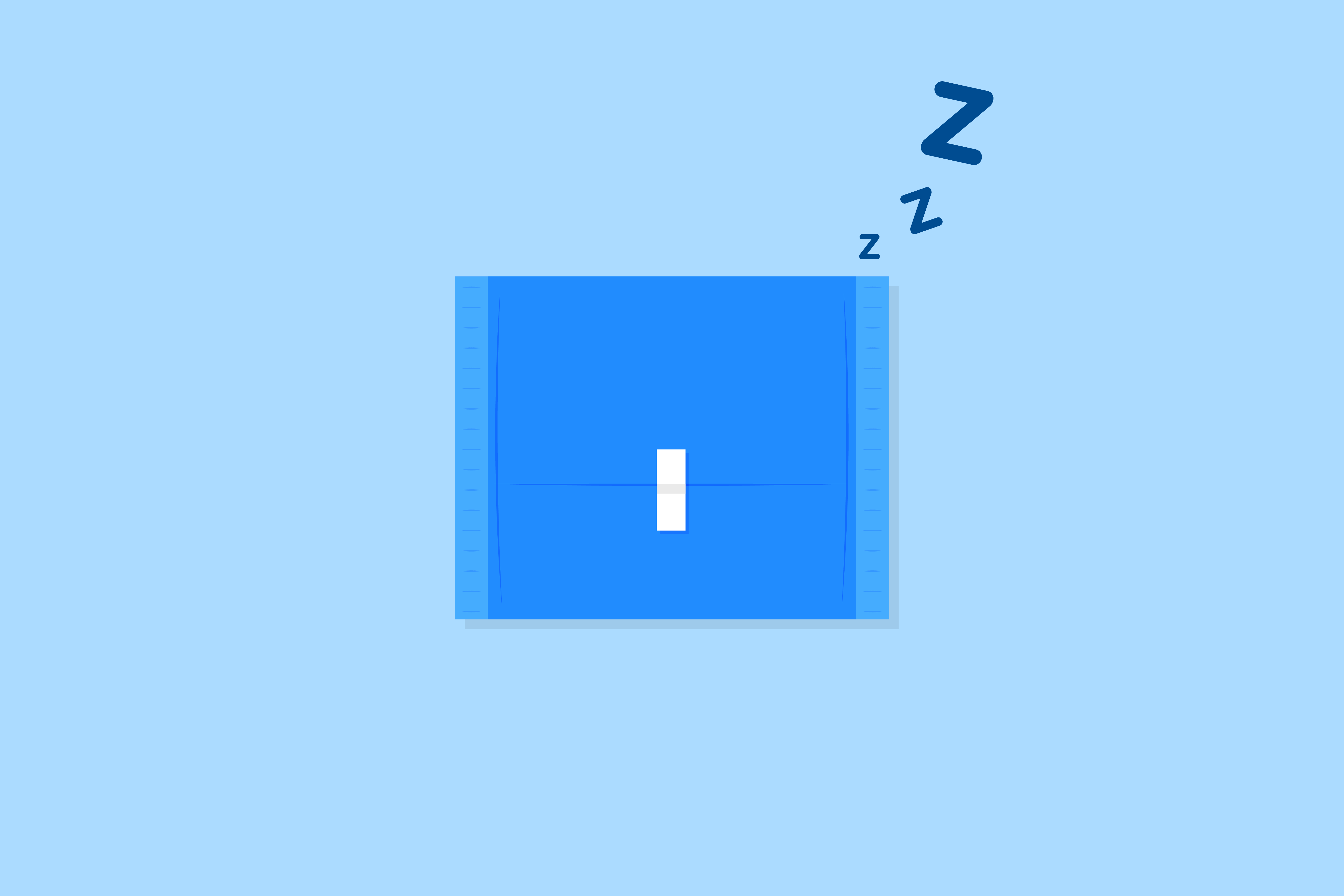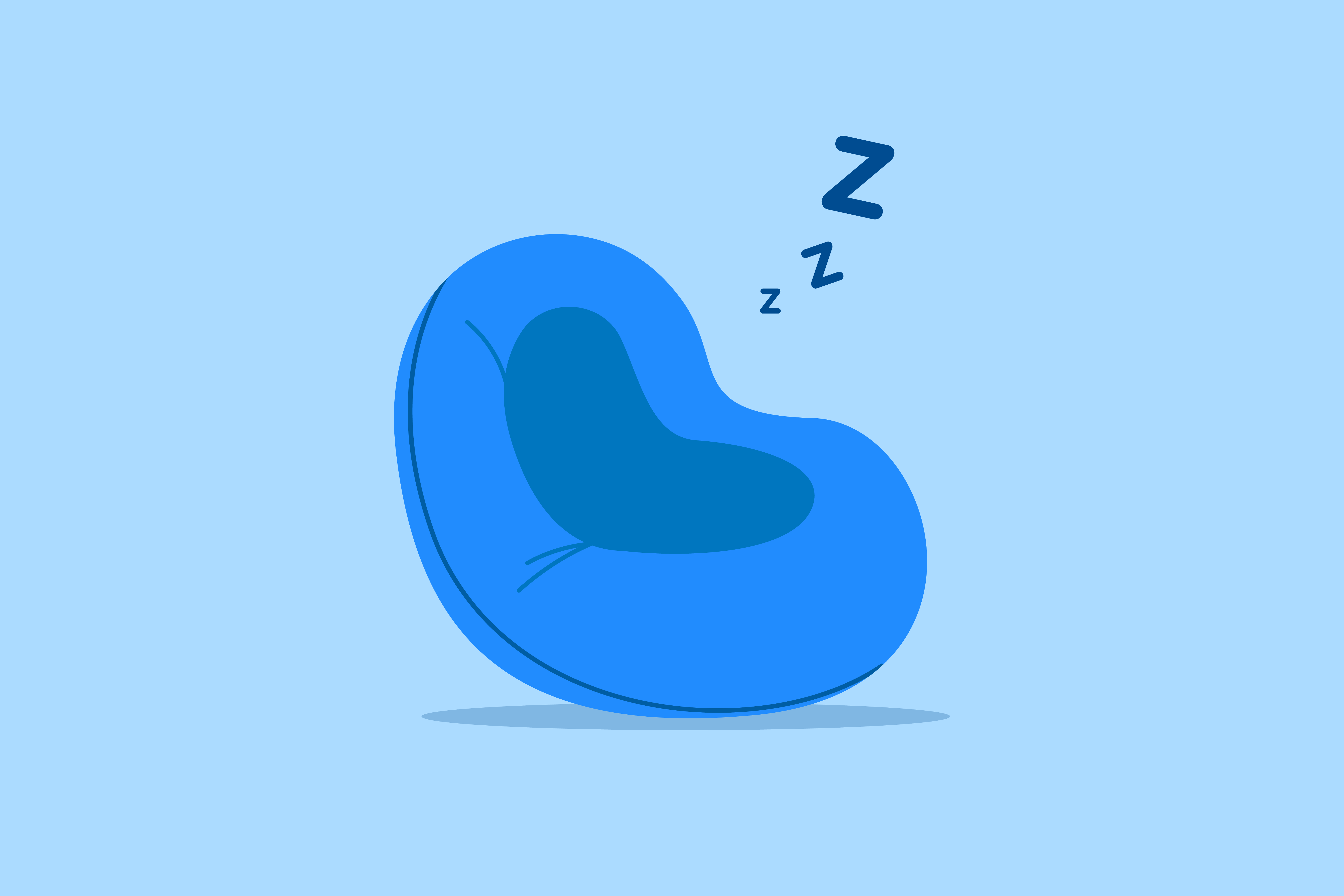Key Takeaways
Many individuals question whether six hours of sleep is enough to meet their sleep needs. In this article, we will delve into the importance of sleep and the potential consequences of sleep deprivation.
By exploring the impact of sleep on our physical and mental well-being, we aim to provide valuable insights into whether six hours of sleep is sufficient. Whether you are a busy professional, a parent, or a student, understanding the significance of adequate sleep can help you prioritize your overall modern health and sleep.
The Importance of Sleep Duration
According to the American Academy of Sleep Medicine and Sleep Research Society, adults should aim for 7-9 hours of sleep Verified Source National Library of Medicine (NIH) World’s largest medical library, making biomedical data and information more accessible. View source per night, highlighting the importance of sleep duration for overall health and well-being. Sufficient sleep plays a vital role in maintaining physical and mental health and improving cognitive function and memory. Unfortunately, many individuals fail to prioritize sleep and often get less than the recommended hours of sleep.
Sleep deprivation, defined as consistently getting under six hours of sleep per night, can disrupt various aspects of life. Insufficient sleep Verified Source National Library of Medicine (NIH) World’s largest medical library, making biomedical data and information more accessible. View source can lead to impaired cognitive abilities, difficulty concentrating, sleep loss, and decreased productivity.
It can also increase the risk of accidents and injuries, as lack of sleep affects reaction time and decision-making skills.
Moreover, chronic sleep deprivation has been linked to an increased risk of chronic conditions such as obesity, diabetes, and cardiovascular diseases. The health benefits of sleep can not be understated, it can also negatively impact mood and emotional well-being, leading to irritability and decreased overall quality of life.
To fix your sleep schedule, it is important to establish a consistent sleep schedule and prioritize sleep as a non-negotiable part of daily routine. Creating a conducive sleep environment, free from distractions and electronic devices, can also promote quality sleep. Additionally, practicing relaxation techniques before bedtime, such as deep breathing or meditation, can help prepare the body for deeper sleep afterward.
The Effects of Sleep Deprivation
Sleep deprivation can have detrimental effects on cognitive function, mood, and overall well-being, impacting daily performance and increasing the risk of accidents and chronic conditions. Insufficient sleep, also known as sleep deprivation can seriously affect mental health, physical health, and even contribute to heart disease.
Lack of sleep can impair cognitive abilities and concentration, Verified Source Harvard Health Blog run by Harvard Medical School offering in-depth guides to better health and articles on medical breakthroughs. View source making it difficult to focus and perform well in daily tasks. It can also negatively affect mood, leading to irritability and frustration. Sleep deprivation is associated with an increased risk of accidents and injuries, impairing reaction time and decision-making abilities.
Furthermore, lessons learned from insufficient sleep trends link sleeplessness to weight gain and obesity, as it disrupts the balance of hormones that regulate appetite and metabolism. Chronic sleep deprivation can also have long-term effects on mental health, increasing the risk of anxiety and depression.
Regarding physical health, a good nights sleep is impportant for diabetics and sleep deficiency is associated with an increased risk of cardiovascular diseases such as heart disease. It can lead to high blood pressure, inflammation, and impaired glucose metabolism, all of which contribute to the development of heart disease. Lack of sleep can also compromise your immune system, making you more susceptible to illnesses.
It is important to spur healthy sleeping habits and establish consistent sleep schedules to promote better sleep and prevent the negative effects of sleep deprivation.
Is Six Hours of Sleep Enough?
Insufficient sleep can have detrimental effects Verified Source ScienceDirect One of the largest hubs for research studies and has published over 12 million different trusted resources. View source on cognitive function and overall well-being, making it important to discuss the question of whether six hours of sleep is enough. While individual sleep needs may vary, it is generally recommended that adults aim for 7-9 hours of sleep per night. However, the idea of getting by on just six hours of sleep has become increasingly prevalent in our fast-paced society.
Let’s break it down further:
Sleep Quantity:
- The recommended amount of sleep for adults is 7-9 hours per night.
- Six hours of sleep time falls short of the recommended range and may not provide enough time for the body to restore and rejuvenate fully.
Sleep Needs:
- Sleep needs vary based on age, with children and teenagers requiring more sleep than adults.
- Adequate sleep is essential for physical and mental health, as it supports brain function, emotional well-being, and overall cognitive performance.
Factors Affecting Sleep:
- Maintaining a consistent sleep schedule and practicing good sleep hygiene can optimize sleep quality.
- External factors such as stress, work demands, sleep problems, and electronic device usage can interfere with falling asleep and staying asleep.
Deep Sleep and Sleep Stages:
- Deep sleep, also known as slow-wave sleep, is crucial for physical restoration and memory consolidation.
- Getting enough sleep allows for sufficient time in each sleep stage, optimizing the benefits of sleep.
Circadian Rhythm:
- The body’s internal clock, known as the circadian rhythm, regulates sleep-wake cycles.
- Consistently getting four to six hours out of sleep may disrupt the circadian rhythm, leading to difficulty falling asleep and daytime sleepiness.
Healthy Sleep Habits
Healthy sleep is just as important as sleep quantity. It is not enough to sleep for more than six hours; the sleep must be restful and deep. Poor sleep quality can lead to prolonged sleep deprivation, harming our health and well-being. It can impair cognitive function, memory, and reaction time, decreasing productivity and increasing the risk of accidents.
Developing healthy sleep habits is key to improving sleep quality. This includes establishing a consistent sleep schedule, creating a relaxing bedtime routine, and ensuring the perfect sleep environment. Avoiding stimulating activities and electronic devices before bed can also promote better sleep. Regular exercise can further enhance sleep quality.
It is important to prioritize sleep and make it a priority in our daily lives. By practicing healthy sleep habits and getting the recommended seven to eight hours of sleep, we can all experience deeper, better sleep quality and wake up refreshed and rejuvenated. Taking care of our sleep needs is crucial for our overall well-being and cognitive function. So, it is important to commit to establishing and maintaining healthy sleep habits for better sleep and a better life.
Factors Affecting Sleep and Prioritizing Sleep
Factors such as work demands and your digital devices usage can interfere with sleep, making prioritizing sleep and establishing healthy sleep habits crucial. It is important to understand how much sleep is enough and the consequences of getting fewer than six hours of sleep regularly.
Here are some key points to consider:
Hours of sleep: While some individuals may function well on six or seven hours, most people need more sleep to feel fully rested and perform at their best.
Consequences of poor sleep: Getting fewer than six hours of sleep regularly can lead to poor cognitive function, impaired memory, and decreased reaction time. It can also increase the risk of health issues such as high blood pressure, cardiovascular diseases, and weakened immune systems.
Importance of a regular sleep schedule: Establishing a regular sleep schedule can help regulate the body’s internal clock and promote deeper, more restorative sleep. Going to bed and waking up simultaneously every day can improve sleep quality.
Tips for better sleep: Creating a relaxing bedtime routine, optimizing the sleep environment, and avoiding stimulating activities before bed can help improve sleep quality. Regular exercise and sunlight can also promote better sleep.
Troublesome sleep habits: Work demands and electronic device usage can disrupt sleep patterns and make it difficult to fall asleep. It is important to prioritize sleep by setting boundaries and creating a sleep-friendly environment.
If you have a busy schedule that kept you from getting more than six hours of sleep at night, sleep expert Dr. Zhang says that taking a nap Verified Source National Library of Medicine (NIH) World’s largest medical library, making biomedical data and information more accessible. View source in the early afternoon could help prevent the negative effects brought by sleep deprivation.
Sleep Needs and Recommendations
Sleep needs and recommendations delves into the importance of avoiding bad sleep habits for a better night’s rest prioritizing sleep and understanding the recommended amount of sleep for optimal health and well-being. Many people wonder if six hours of sleep is enough, but research suggests that most people need seven to nine hours for a full night’s rest. The recommended amount of sleep varies by age group, with teenagers needing eight to ten hours, school-aged children requiring nine to eleven hours, and infants and toddlers needing twelve to sixteen hours. Establishing consistent sleep schedules to ensure high-quality sleep and promote overall well-being is essential.
Getting only six hours of sleep consistently can impair brain function, affecting memory, reactions, and behavior. According to a sleep expert Dr. Zhang, “You may feel well-rested with only six hours of sleep, but consistently doing so can have negative effects on your physical and mental health over time, and these damages are not reversible. Verified Source Oxford Academic Research journal published by Oxford University. View source ”
It is crucial to prioritize sleep and aim for the recommended hours to prevent the negative effects of sleep deprivation. Deep sleep, which occurs in the four stages of sleep, is essential for restorative processes in the body.
Building healthy sleep habits is key to achieving high-quality sleep. This includes establishing a consistent sleep schedule, creating a relaxing bedtime routine, and making the sleep environment comfortable, quiet, and dark. Avoiding electronic devices, stimulating activities like balancing exercise and sleep before bed, and regular exercise can also promote better sleep quality.
Stress, anxiety, depression, and medical conditions like central and obstructive sleep apnea can disrupt sleep. It is important to be aware of these factors and take steps to address them to improve sleep quality. By prioritizing sleep and following recommended sleep duration guidelines, individuals can reap the benefits of high-quality sleep, including improved cognitive function, emotional well-being, and overall health.
Frequently Asked Questions
Is 6 hours of sleep still ok?
Most adults should sleep for a minimum of seven hours. The average person needs eight hours of sleep, but others require even more. Getting less than six hours of sleep each night can result in fatigue, poor mood, reduced brain function, and health problems like sleep being important for losing weight, high blood pressure, and type 2 diabetes.
Is 6 to 8 hours of sleep good?
According to a study by Current Cardiology Reviews, Verified Source National Library of Medicine (NIH) World’s largest medical library, making biomedical data and information more accessible. View source getting less than six to eight hours every night may raise your chance of developing heart disease or a stroke. The ideal amount of sleep was discovered to be between six and eight hours.
Why do I only get 6 hours of sleep?
Short naps (The best nap length is 10-20 minutes) are a habit that typically starts in infancy or adolescence and lasts into maturity. According to researchers, a gene mutation may have caused it to arise. People’s ability to function successfully with less than six hours of sleep every night how many hours may be due to this mutation.
Why do I feel better after 6 hours of sleep than 8?
Unless you have a rare genetic mutation, that is. A recent study found that certain people Verified Source National Library of Medicine (NIH) World’s largest medical library, making biomedical data and information more accessible. View source who function normally on only 6 hours of sleep had a modified form of a specific gene, the second gene associated with short sleep.
Is 6 hours of sleep enough for a 21-year-old?
Around age 20, adult sleep needs begin to settle. Although everyone has different sleeping demands, most adults need between 7 and 9 hours of sleep per night to feel fully rested and perform at their best the following day.
How to survive with 6 hours of sleep?
You will survive off of 6 hours of sleep per full night’s sleep. However, it is recommended that you take measures to sleep better. Put down screens an hour before bed, avoid coffee in the afternoon, and try to improve your diet and exercise routines to get better sleep.
Conclusion
Prioritizing adequate sleep is crucial for maintaining optimal cognitive function, memory consolidation, and emotional well-being. While some individuals may wonder if six hours of sleep is sufficient, research suggests that most adults require at least seven hours up to nine hours of sleep per night.
Sleep deprivation can have detrimental effects on physical and mental health. By adopting healthy sleep habits and addressing factors affecting sleep, individuals can improve their overall well-being and ensure they get the rest they need.
About the author
Eric Ridenour is a health and wellness writer with a strong focus on sleep and nutrition. With a background in health science and psychology, Eric has a deep understanding of the connection between sleep and overall well-being. His expertise has been sought by various businesses and individuals, and his work has been featured in reputable publications such as Thrive Global, Drug Report, and Authority Magazine. Eric's commitment to promoting better sleep and comprehensive wellness is evident in his writing and consultations. He is a published author working on his second book.
View all posts





